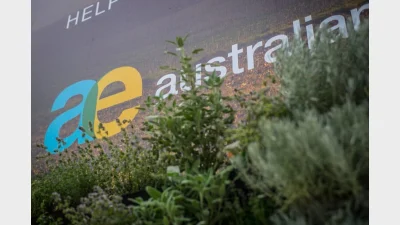Ausfund calls for single ERF
Major Eligible Rollover Fund (ERF), Ausfund, has called for the creation of a single ERF to deal with all lost and unclaimed superannuation — a move that places it at odds with the Association of Superannuation Funds of Australia (ASFA).
Ausfund issued a statement today calling for the single entity approach, but this runs counter to ASFA, which has used a submission to the Government to argue against a single clearing house model.
However, Ausfund’s submission to the Treasury argues that the ERF sector currently has too many players, relatively high fees and charges and low levels of activity among some providers.
Ausfund executive director David Hayes said this did not represent the most efficient way to ensure employees were reunited with their lost or unclaimed superannuation.
“Our submission to Treasury outlined Ausfund’s capacity to operate and manage auto-consolidation, Tax File Number matching and other industry-wide initiatives on an ongoing basis,” he said.
The ASFA submission said that while it considered putting in place a clearing house arrangement only for chosen fund contributions and implementing auto consolidation of accounts would be of some assistance, the measures would not of themselves solve the fundamental issues.
ASFA said its policy position was that the industry should deliver a central, mandatory superannuation data exchange allowing funds to link their back-ends.
Recommended for you
First Nations Australians have faced systemic barriers accessing super, with rigid ID checks, poor service, and delays compounding inequality.
“Slow and steady” appears to be the Reserve Bank’s approach to monetary policy as the board continues to hold on to its wait-and-see method.
AFCA’s latest data has shown a decline in complaints relating to superannuation, but there is further work to be done, it has warned super funds.
Limited exposure to fossil fuel companies has positively impacted the performance of Australian Ethical’s balanced and growth funds, the super fund says.











